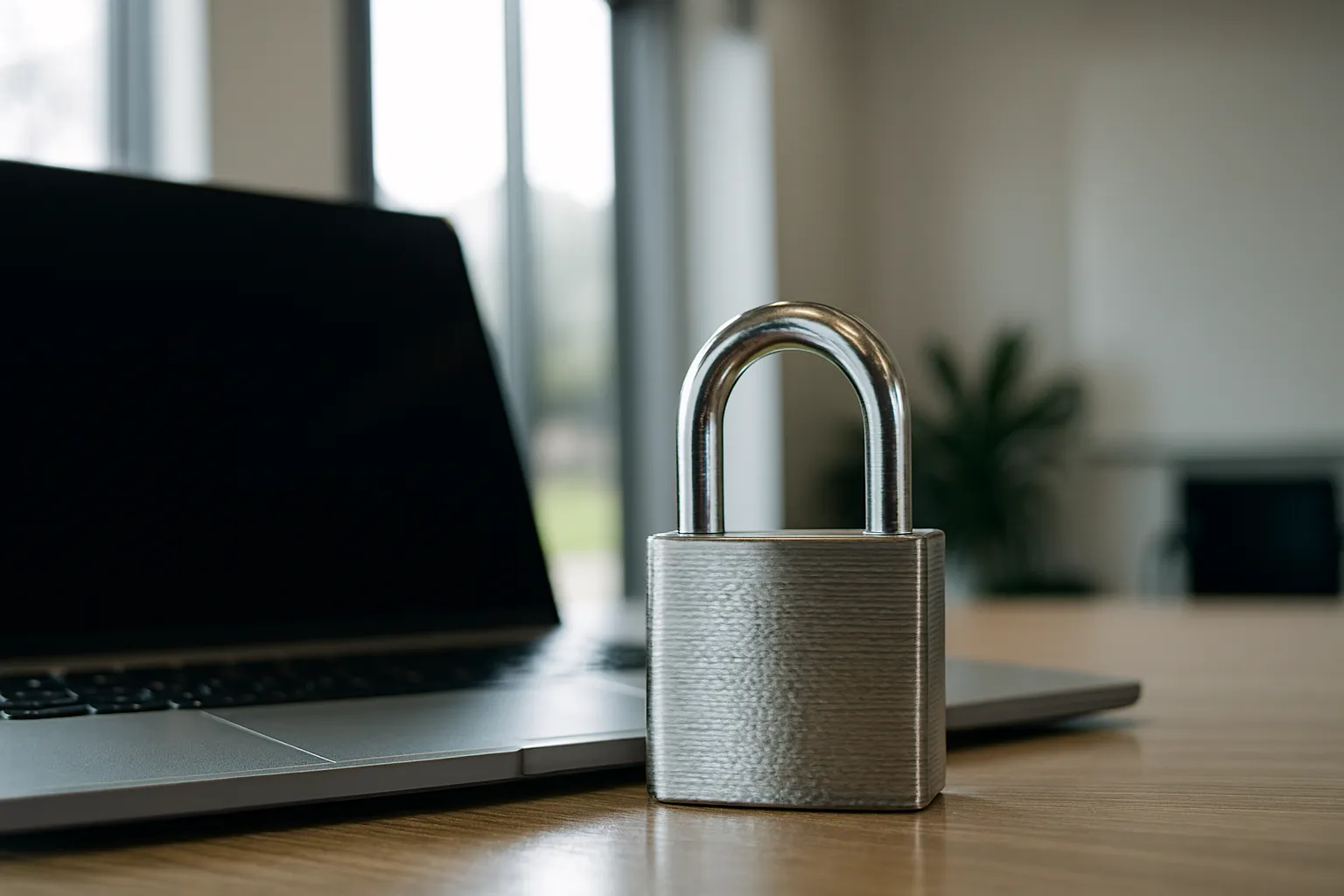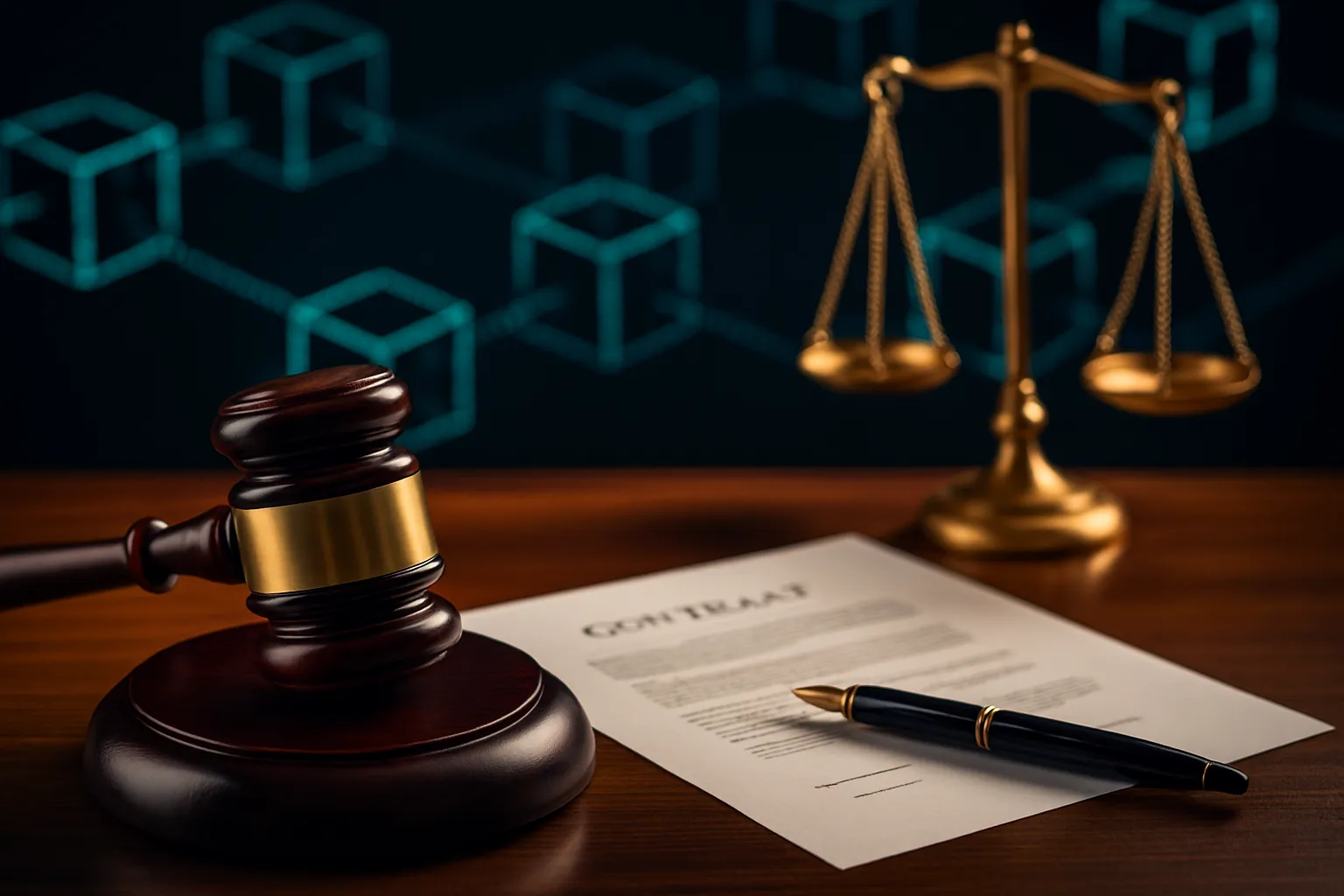Data Privacy Laws in 2025: What Businesses and Individuals Need to Know
In 2025, data privacy laws have become one of the most critical issues shaping the digital economy. With the rapid expansion of artificial intelligence, cloud computing, and cross-border data flows, both businesses and individuals must navigate an increasingly complex regulatory landscape. Governments worldwide are tightening rules to protect citizens’ personal information, while companies are under pressure to comply with stricter standards. This article explores the evolution of data privacy laws in 2025, what they mean for organizations and individuals, and how to prepare for the future of digital compliance.

The Evolution of Data Privacy Laws
The journey of data privacy regulation began decades ago, but the pace of change has accelerated in the last ten years. The European Union’s General Data Protection Regulation (GDPR), enacted in 2018, set the global benchmark for privacy protection. Since then, countries across Asia, the Americas, and Africa have introduced their own frameworks inspired by GDPR principles.
By 2025, nearly every major economy has implemented comprehensive privacy legislation. These laws are no longer optional guidelines but enforceable mandates with significant penalties for non-compliance. The shift reflects growing public concern about how personal data is collected, stored, and shared in an era dominated by big tech and AI-driven platforms.
Key Milestones
- 2018: GDPR enforcement in the EU
- 2020–2023: Expansion of privacy laws in California, Brazil, India, and China
- 2025: Harmonization efforts across regions to simplify cross-border compliance
Global Harmonization Efforts in 2025
One of the most significant developments in 2025 is the push toward global harmonization of privacy standards. Businesses operating internationally previously faced a patchwork of conflicting regulations. Today, organizations like the OECD and UN are working to align privacy principles across borders.
While full unification remains elusive, there is growing consensus on core principles such as transparency, accountability, and user consent. This trend reduces compliance costs for multinational corporations and provides individuals with more consistent protections worldwide.
Regional Differences
- European Union: GDPR 2.0 introduces stricter AI governance rules.
- United States: A federal privacy law reduces reliance on state-level frameworks like CCPA.
- Asia-Pacific: Countries like Japan, South Korea, and Singapore align with international standards to facilitate trade.
The Role of Artificial Intelligence in Privacy Regulation
Artificial intelligence is both a driver of innovation and a challenge for privacy compliance. In 2025, regulators are focusing on how AI systems collect, process, and infer sensitive data. Algorithms that profile individuals for advertising, credit scoring, or hiring decisions are under intense scrutiny.
Businesses must now conduct AI impact assessments to ensure fairness and transparency. Individuals, meanwhile, are gaining new rights to contest automated decisions that affect their lives.
AI-Specific Requirements
- Mandatory disclosure of AI-driven data processing
- Right to human review of automated decisions
- Restrictions on biometric and facial recognition technologies
Data Privacy for Businesses in 2025
For companies, compliance with data privacy laws is no longer just a legal obligation - it’s a competitive advantage. Consumers increasingly choose brands that demonstrate respect for their personal information. In 2025, businesses must integrate privacy into every stage of their operations, from product design to customer service.
Failure to comply can result in fines reaching billions of dollars, reputational damage, and loss of consumer trust. As a result, many organizations are appointing Chief Privacy Officers (CPOs) and investing heavily in compliance technology.
Best Practices for Businesses
- Adopt a “privacy by design” approach
- Regularly update privacy policies and employee training
- Implement strong encryption and cybersecurity measures
Data Privacy for Individuals in 2025
Individuals are more empowered than ever before. In 2025, citizens enjoy expanded rights to control their personal data. These include the right to access, correct, delete, and transfer their information across platforms. People can also opt out of targeted advertising and demand greater transparency from companies.
However, exercising these rights requires awareness and digital literacy. Governments and NGOs are launching educational campaigns to help individuals understand their privacy rights and how to protect themselves online.
Practical Steps for Individuals
- Regularly review privacy settings on apps and devices
- Use encrypted messaging and secure browsers
- Be cautious about sharing personal information on social media
Sector-Specific Privacy Regulations
Different industries face unique challenges under data privacy laws. In 2025, regulators are tailoring rules to address sector-specific risks. For example, healthcare providers must comply with stricter standards for handling medical records, while financial institutions face tighter controls on customer data.
Technology companies, particularly those offering cloud services and social media platforms, are under the heaviest scrutiny. Governments are demanding greater accountability for how these firms monetize user data.
Examples of Sectoral Rules
- Healthcare: Enhanced protections for genetic and biometric data
- Finance: Stronger anti-fraud and identity theft safeguards
- Education: Restrictions on student data collection and sharing
Enforcement and Penalties in 2025
Enforcement of privacy laws has become more aggressive in 2025. Regulators are imposing record-breaking fines on companies that fail to comply. Beyond financial penalties, executives can face personal liability, including bans from holding leadership positions.
To ensure compliance, regulators are using advanced monitoring tools, including AI-driven audits. This makes it harder for companies to hide violations or delay corrective action.
Notable Enforcement Trends
- Cross-border cooperation between regulators
- Public “naming and shaming” of violators
- Increased whistleblower protections
The Future of Cross-Border Data Transfers
Global commerce depends on the free flow of data, but cross-border transfers remain a contentious issue. In 2025, new frameworks are emerging to balance economic needs with privacy concerns. Mechanisms like standard contractual clauses and binding corporate rules are being updated to reflect modern risks.
Some regions are experimenting with “data localization” requirements, forcing companies to store data within national borders. While this enhances security, it also raises costs and complicates international operations.
Key Considerations
- Legal mechanisms for lawful transfers
- Impact of localization on cloud services
- Emerging role of blockchain in secure data exchange
Emerging Technologies and Privacy Challenges
Beyond AI, other technologies are reshaping the privacy landscape. The Internet of Things (IoT), 5G networks, and quantum computing introduce new risks and opportunities. Regulators are racing to keep pace with innovations that blur the line between personal and public data.
For example, IoT devices in homes and workplaces collect vast amounts of sensitive information. Without proper safeguards, this data could be exploited by malicious actors or misused by corporations.
Technologies Under Scrutiny
- IoT devices and smart homes
- Wearable health trackers
- Quantum encryption and its implications
Preparing for the Future of Data Privacy
Looking ahead, both businesses and individuals must adopt a proactive approach to data privacy. Compliance is not a one-time task but an ongoing process that evolves with technology and regulation. Organizations should invest in privacy-enhancing technologies, while individuals should stay informed about their rights.
The future of privacy will be shaped by collaboration between governments, corporations, and citizens. By embracing transparency and accountability, society can build a digital ecosystem that balances innovation with respect for personal freedoms.
Conclusion
In 2025, data privacy laws are no longer a niche concern - they are central to how the global digital economy functions. Businesses must prioritize compliance to maintain trust and competitiveness, while individuals must take active steps to safeguard their personal information. As technology continues to evolve, so too will the regulatory frameworks that govern it. The key to thriving in this environment is adaptability, awareness, and a commitment to protecting the fundamental right to privacy.











